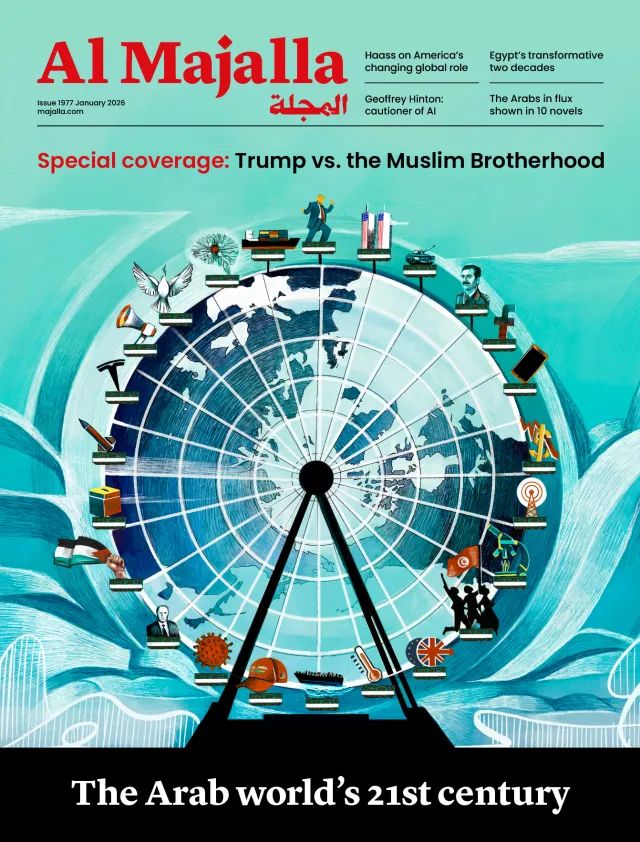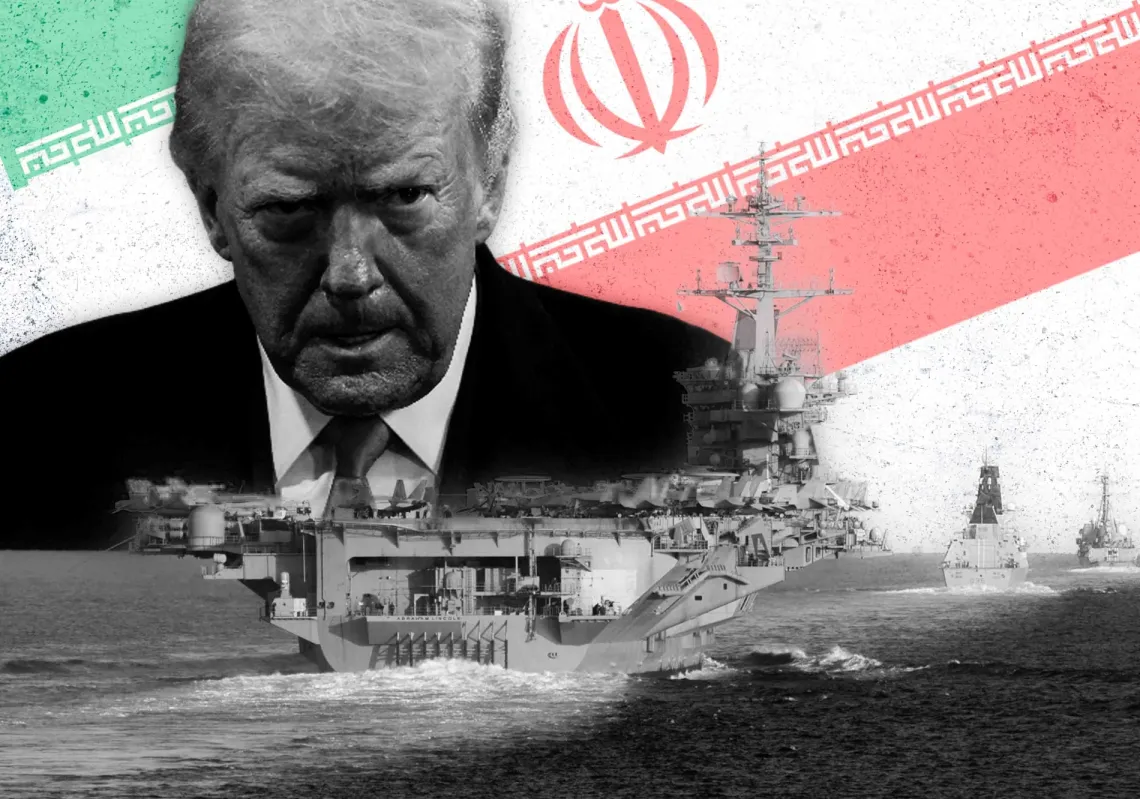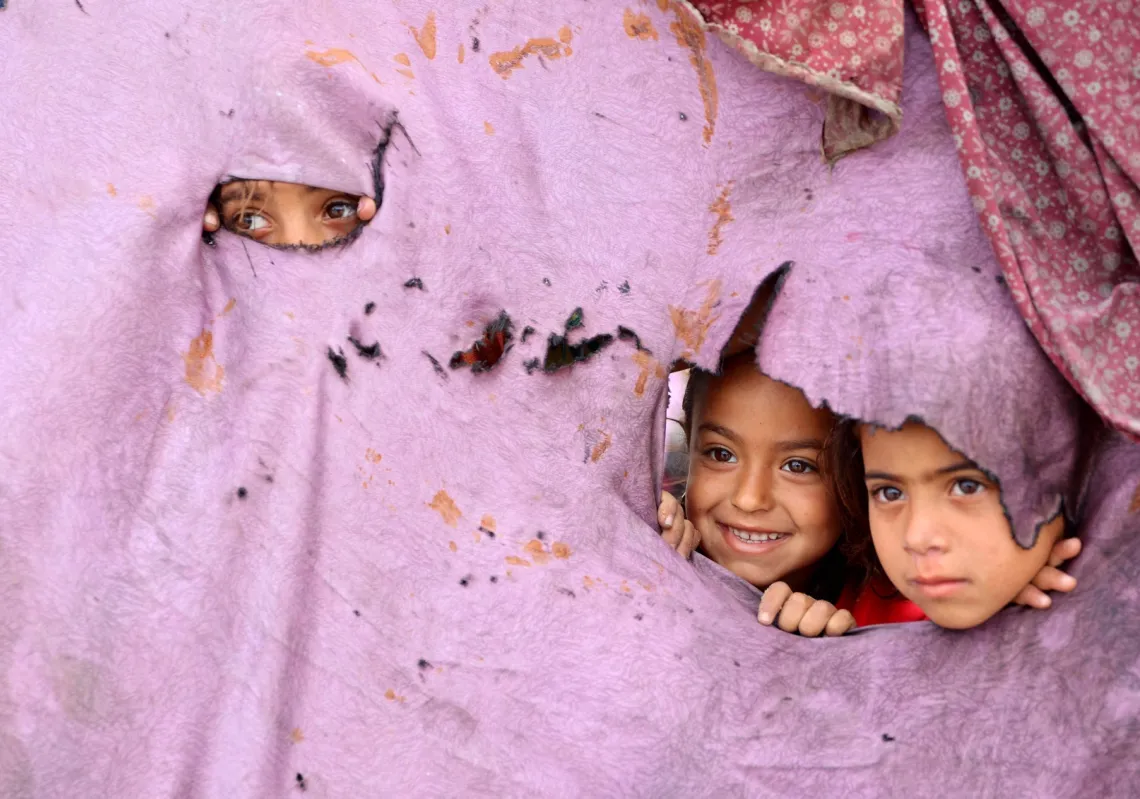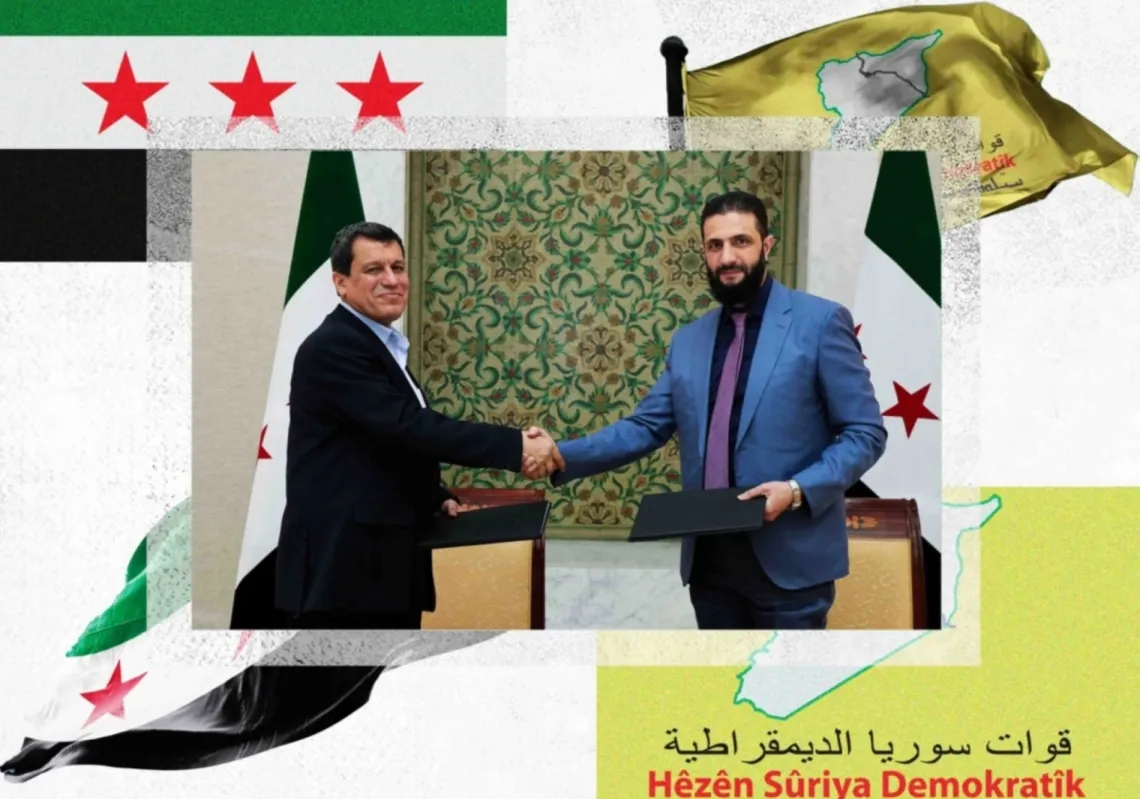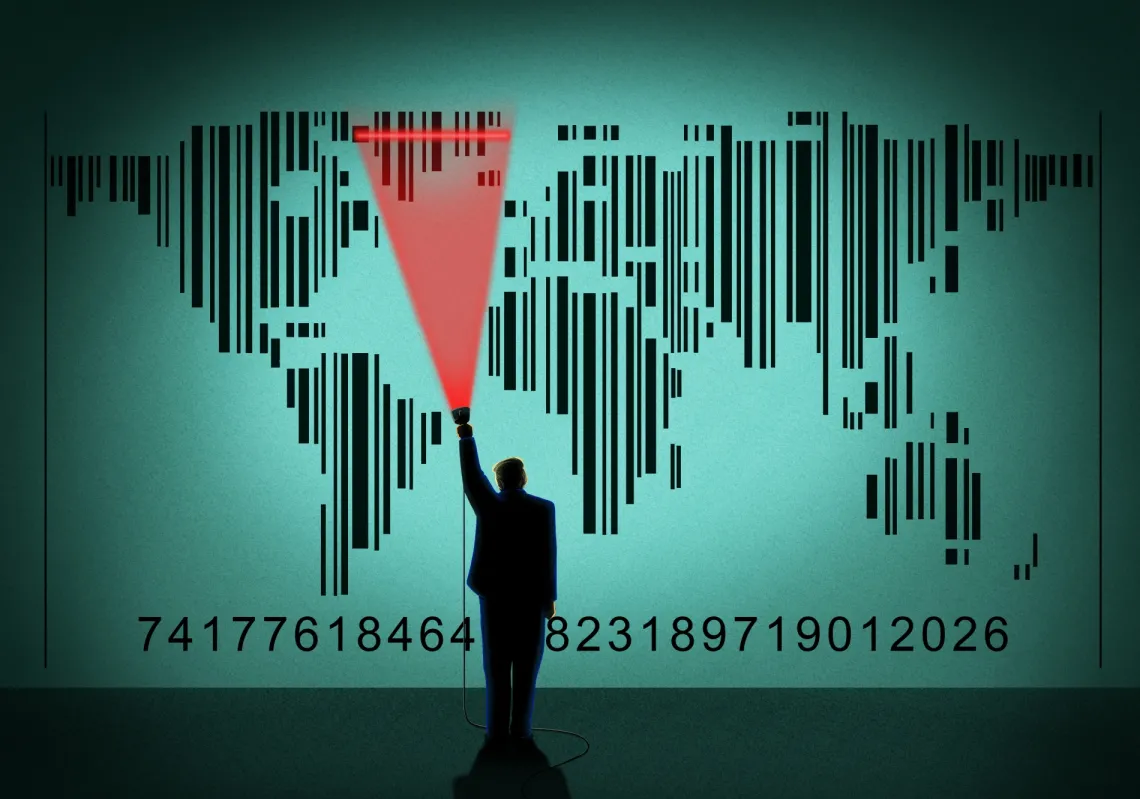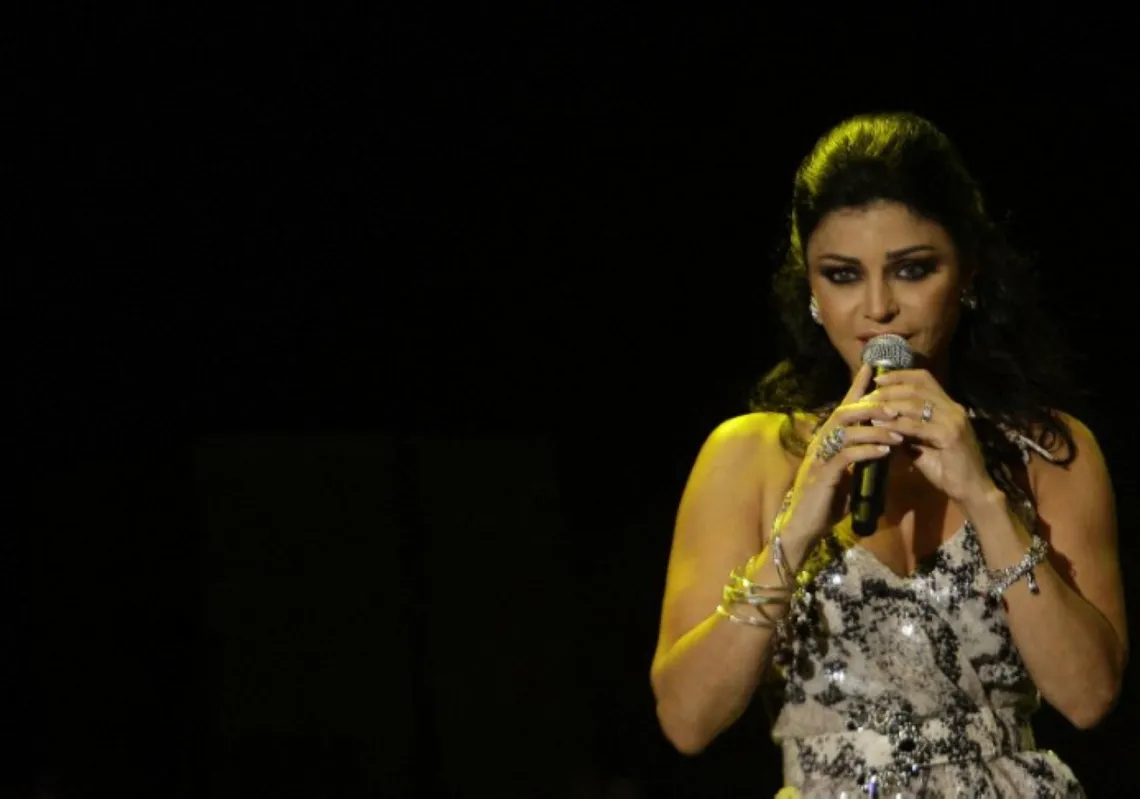It is evident today that the Iranian regime has been lying about the number of Coronavirus deaths in the country. In the beginning of the crisis, Iran has been following the strategy of lying about how bad the situation was, and downplaying the crisis. It did so by claiming that the virus was a conspiracy targeted towards the Islamic Republic of Iran. The regime then deliberately underreported the true number of deaths in the country. What the regime didn’t consider was the fact that in this age of independent record keepers and social media, hiding true statistics such as these has become virtually impossible.
We can now safely say that the Iranian regime is directly responsible for the deaths of tens of thousands of civilians since it underreported Coronavirus cases and failed to take necessary measures to stop the spread of the virus. But why did the regime go through so much trouble to hide the true case and death figures in the first place? Well the first answer to that question is that totalitarian dictatorships, like the one that is ruling Iran, are not known for being transparent as they always strive to hide information from their people. There might be a latent answer to this question as well. Before the virus hit Iran, it was undergoing two major events; it’s annual celebration of the Islamic Revolution and the 2020 legislative elections.
First of all, the revolution celebration was necessary because the regime was faced with mass protests a few months prior in November 2019. The protests happened as a result soaring petrol prices, which saw a 300 per cent increase. As such, the regime needed to use these celebrations to send a strong message to the people, who have been suffering from deteriorating living conditions since the 2009 “Green Revolution”. The military parades were also a message to the outside world stating that despite the tough sanctions that the Trump administration has placed, the regime was still in full control of the country.
Secondly, the regime was adamant that the legislative elections needed to take place and Supreme Leader Ali Khamenei went as far to say that “Iran’s enemies” were exaggerating the dangers of the virus to scare Iranians away from voting booths. The Iranian regime has been silent on the dangers that the virus poses on the public, and a result of such negligence the virus rapidly spread across the country and thousands of innocent people lost their lives. To this day, the regime is still not transparent to its people, as it downplays the real number of victims.
The Iranian regime’s decision to hide the real statistics has placed its regional allies, Iraq, Lebanon and Syria, in danger since these countries have still not halted flights to and from Iran. This has caused the virus to spread to these countries, and when the Lebanese health minister was asked why flights haven’t been stopped, he said that it was because of “political reasons”.
Another reason for the regime’s secrecy is due to fear of how the public would react to the real statistics. This might trigger a second wave of mass protests, something that the regime wants to prevent. The prospects of more mass protests is real especially since the people have been asking why Khamenei and his allies haven’t spent part of their fortunes to save the lives of infected Iranians, rather than spending it on military adventures in Yemen, Syria, Iraq and Lebanon.
The regime isn’t spending money to save lives because it is benefitting from the Coronavirus crisis. This is because it has been exploiting the pandemic to call for the easing of the Trump administration’s sanctions. However, if the regime does get an ease of sanctions and international aid, then it will use it to fund its terrorist activities at home and abroad and for economic alleviation, rather than healthcare funding.
The Iranian regime is a criminal government that will gladly sacrifice the lives and livelihoods of the Iranian people. It is for this reason that European governments need to sanction the regime and work closely with opposition forces within and outside Iran. Only then will this regime, which poses a threat to the people of Iran and its neighbours, be ousted.
Sign up for our Weekly Newsletter
Get the best of Majalla, straight to your inbox.

